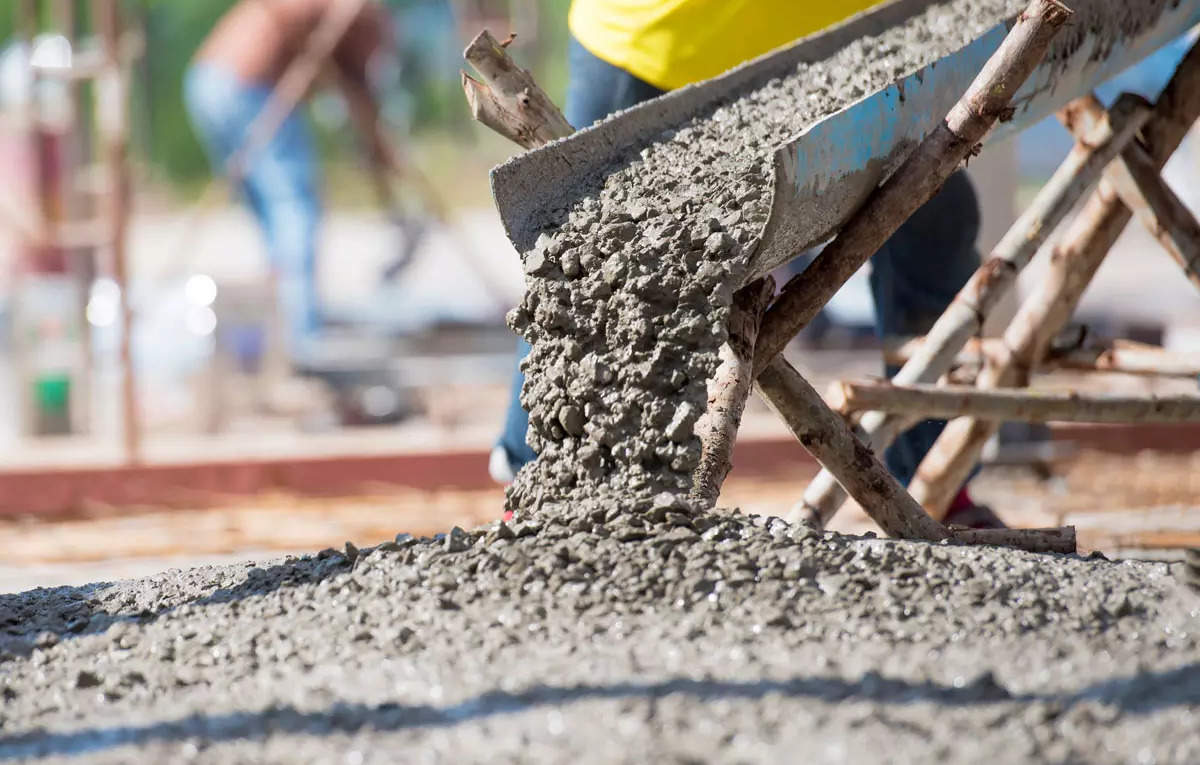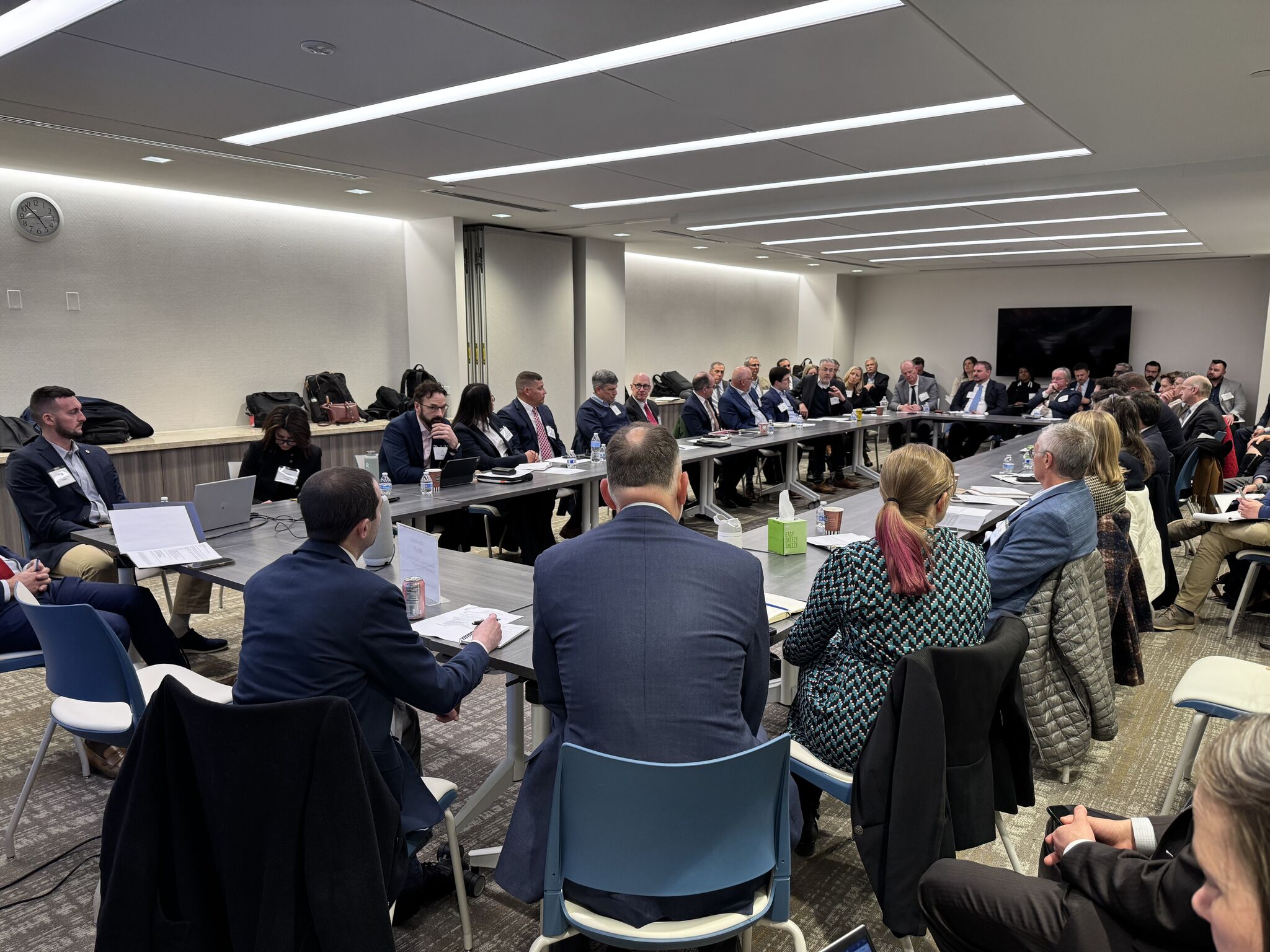Holcim draws climate criticism ahead of $30 bln US spinoff – ET Infra

ZURICH: Holcim’s $30 billion New York spinoff of its North American business has come under fire from an environmental group that said the major cement maker was doing too little to tackle climate change.
The Swiss-based company has failed to cut direct emissions from its plants or spend enough to reduce materials or energy waste, said Industrious Labs, a U.S.-based environmental non-profit.
Holcim on Thursday announced investment in a U.S. low carbon cement start-up – its latest move to shrink its environmental footprint. It rejected the claims of Industrious Labs and said it is committed to sustainability.
Industrious Labs, which is part of a campaign called Concrete Change to reduce the sector’s environmental impact, gave Holcim a D – the second lowest grade – for its sustainability performance.
It said the spinoff, due to take place in the first half of 2025, hides mounting costs and a failure to adapt to growing demand for cleaner cement.
“Markets are brutal and don’t reward incumbents which are slow to respond to customer demand,” Nachy Kanfer, a partner at Industrious Labs, told Reuters. “We see multiple net zero cement projects under way, and Holcim is being left behind.”
Industrious Labs, which holds no stake in Holcim, said it is not providing investment advice, but Kanfer said Holcim will have to invest heavily to catch up with rivals or risk missing out on a market shift to lower carbon cement.
“We are not hoping for a lower valuation, but a premium valuation where Holcim makes a clear and specific commitment and spends capital on improving sustainability,” Kanfer said.
The cement industry is responsible for about 7% of global CO2 emissions, according to the Global Cement and Concrete Association.
Holcim said it generates 90% of its cement sales in North America from its low carbon range, and is working on three projects in the region to capture more than 5 million tons of CO2 per year.
“Holcim is transitioning to alternative fuels, with three plants already operating with close to 100% fossil-fuel free thermal energy,” a Holcim spokesperson said. (Reporting by John Revill; editing by Barbara Lewis)
Related
How SenseiNode Is Building Proof-of-Stake Infrastructure in Latin America
A lot of attention is paid to the decentralization of the Bitcoin network.Bitcoin miners should set up shop in a number of different jurisdictions in order to p
The Infrastructure of Racial Justice Is Under Attack. We Must…
President Donald Trump began February with a proclamation that Black History Month offered “an occasion to celebrate the contributions of so many Black Am
Bomb threat found “non-credible”: American Airlines after Delhi-bound flight diverted…
American Airlines has said that the "bomb threat on board", due to whi
Big infrastructure investment plans take shape in America
Amtrak and dozens of major industry partners representing construction, manufacturing, rail supply, engineering, and other sectors convened for an industr














